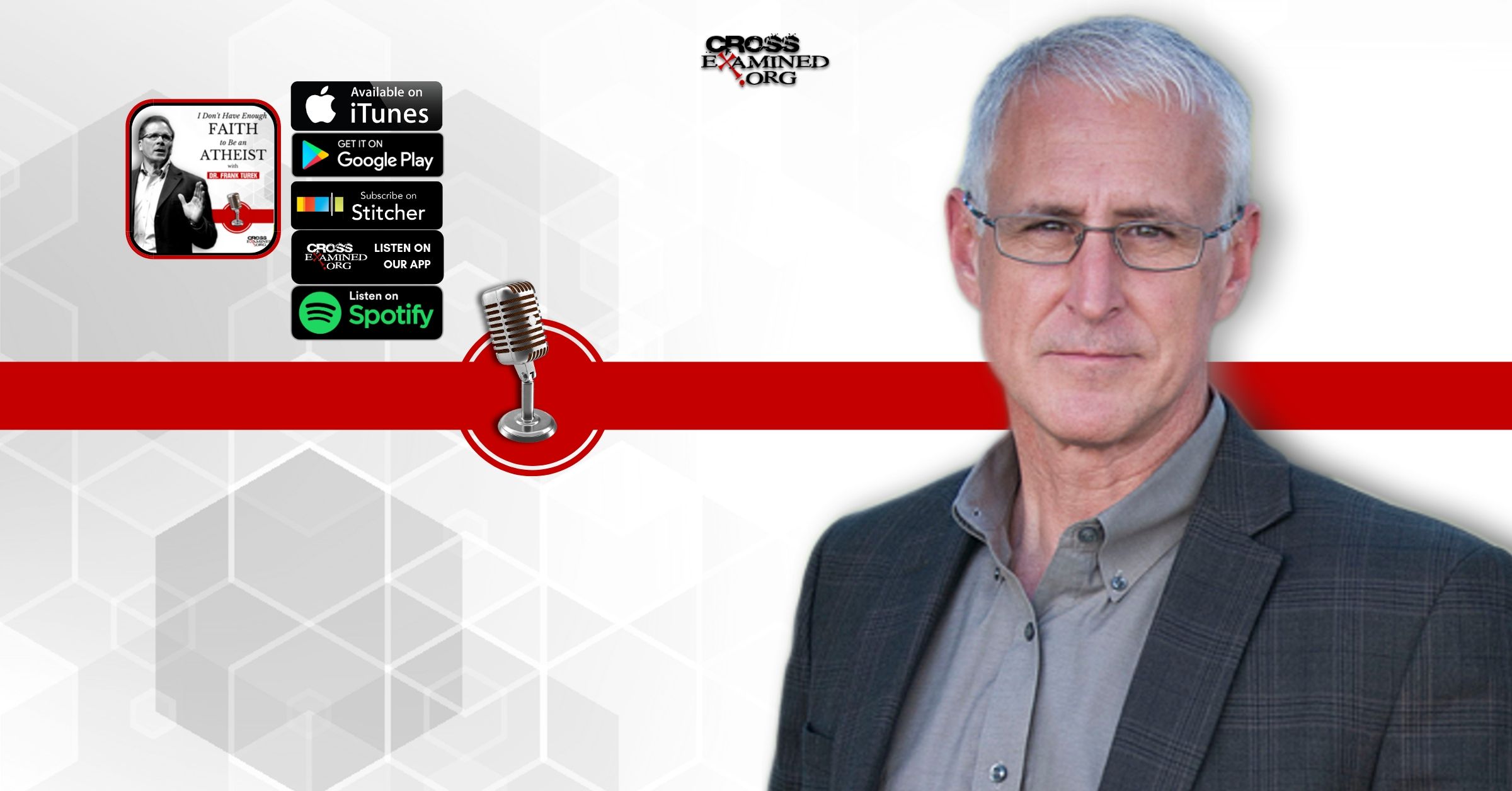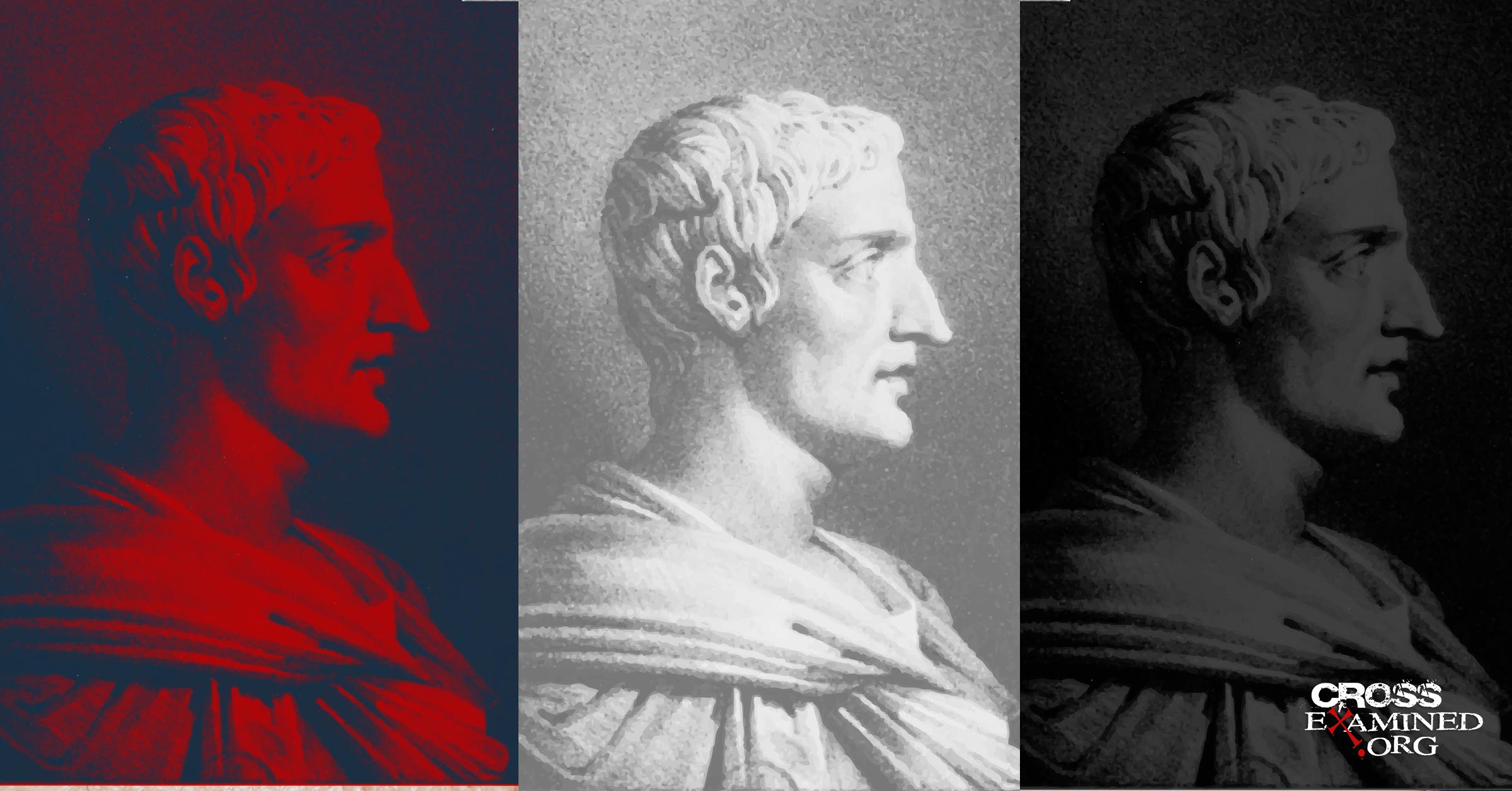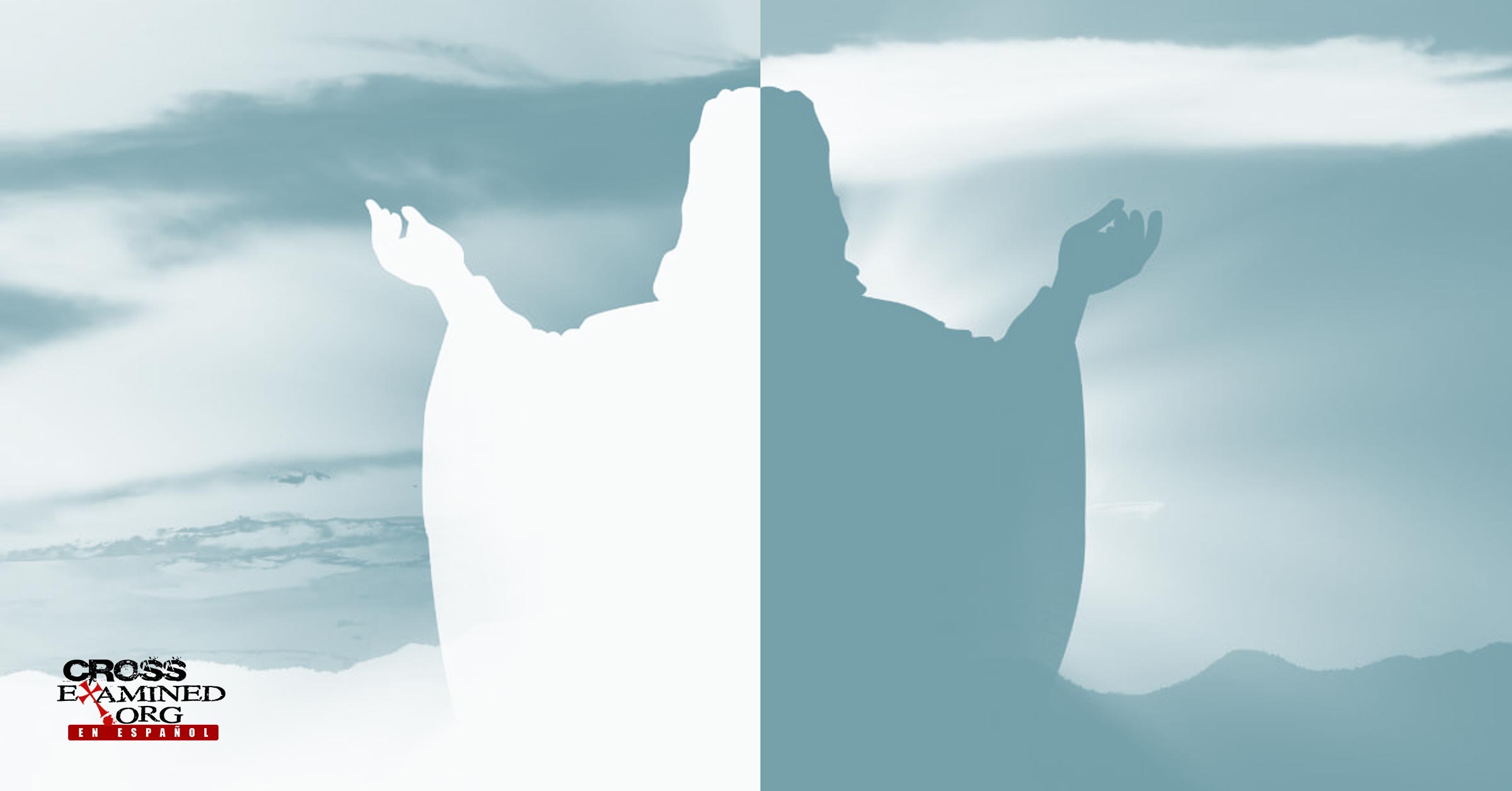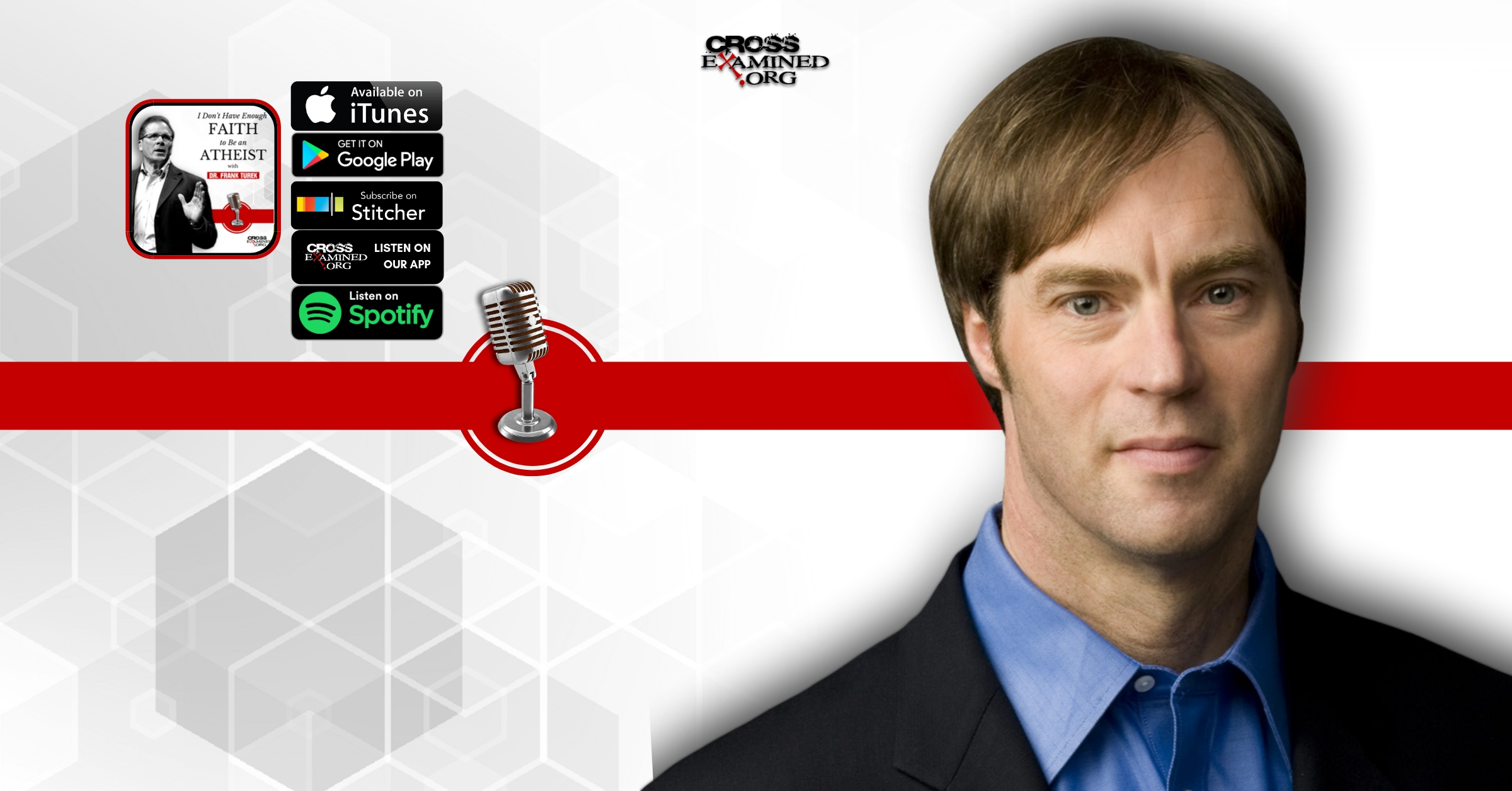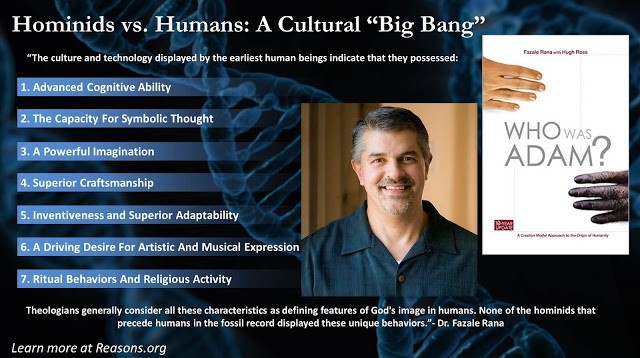By Terrell Clemmons
Jon Headley has a confession to make. “I’m a 30-year-old man, but until a few years ago, I had no real understanding of the theory of evolution.”
“Ah,” the ex-Christian continues after relieving himself of this confessional burden, “it feels good to get that off my chest.” And with that, the musician and producer expounds upon his religious deconversion in a lengthy Medium.com essay titled “How I Learned to Trust Science: On the difference between dogma and evidence.” “I was taught that capital-S Science was our enemy,” Headley writes, and that there were “three big lies that Science had introduced to the world [that were] especially dangerous.” These are the Big Bang, an old earth, and evolution. As a kid, he was ready to argue with any science teacher because “I was sure of what I believed.”
But in truth, he now confesses, “I didn’t know s***.”
The essay starts out with a potentially helpful dismantling of what might be called “packaged” religion—that is, religious teachings pre-assembled somewhere up the hierarchy and disseminated with the expectation that they will be accepted on church authority. As he explains his upbringing, Headley paints a picture of insulated social groupthink, with the whole package propped up by confirmation bias.
He brings this up to compare and contrast “two foundational ways of looking at the world.” He was raised to look at the world by way of religion, he says, which is based on authority, dogma, and assumptions. The problem with this way, he continues, “was that I had been handed a set of beliefs, and I had never questioned them fully for myself.” By contrast, he now looks at the world by way of the scientific method, the key idea of which goes like this: “Any hypothesis about the world must be tested and proved by repeated experiment.”
He’s right about the problem he identifies with his first way, but sadly, after starting out so well, his second way leaves him in a place that is arguably worse. This is because, while the key principle of proving hypotheses by experimentation is reasonable and works well in the practice of science, it’s highly problematic when taken as the primary way of knowing truth about the world—which is what he has done.
Headley’s second way is what’s called scientism, and he is far from the only one succumbing to it. In Scientism and Secularism: Learning to Respond to a Dangerous Ideology (Crossway, 2018), J. P. Moreland defines scientism as “the view that the hard sciences—like chemistry, biology, physics, astronomy—provide the only genuine knowledge of reality.” Whether expressed in the strong form, which says that science and its methods provide the only valid route to knowledge, or in some weaker form that allows other ways of knowing to have some lesser validity (as long as they bow to science), scientism has become a part of the pseudo-intellectual air we breathe. I say “pseudo” because scientism isn’t intellectual, but is rather, at its very core, intellectually unsound.
From the Ivory Towers to the Streets
We’ll return to that point momentarily, but first, let’s look at a few scenarios that demonstrate how deeply this assumption of scientism has become embedded in the substrate of public life:
- In academia: Sir A. J. Ayer, knighted professor of philosophy at Oxford University, taught that a proposition can be meaningful only if it’s true by definition (for example, “A = A”) or if it’s empirically verifiable, meaning testable by the scientific method. This is the reigning paradigm in Western education.
- In government: Robert B. Reich, who served under Presidents Ford, Carter, Clinton, and Obama, said in 2004 that “the greatest conflict of the 21st century [will be] between those who believe in science, reason, and logic and those who believe that truth is revealed through Scripture and religious dogma.” Reich’s prognostication reflects the false narrative that knowledge through science and knowledge through revealed religion are inherently in conflict.
- On the streets: The inaugural annual March for Science took place on Earth Day 2017, with an encyclopedic display of smarmy slogans such as, “Science is our Future,” “Science is Real,” “Defiance for Science” (complete with the raised-fist symbol for Communism), and “Science is the most precious thing we have.”
Celebrity scientist Neil deGrasse Tyson especially tipped his scientistic hand when he was asked about the politics of climate change in the era of Trump. He defended the authority of science to the point of expressing his exasperation with those who resist bowing to it: “What will it take for people to recognize that a community of scientists are learning objective truths about the natural world?” he asked CNN anchor Fareed Zakaria.
An emergent scientific truth, for it to become an objective truth, a truth that is true whether or not you believe in it, it requires more than one scientific paper. It requires a whole system of people’s research all leaning in the same direction, all pointing to the same consequences.
Do you hear the intellectual imperialism in that little sermonette? The high priesthood of science (with himself as a figurehead, of course) learns and then dictates to the rest of us what is objectively true. (This from a man who also wrote, “After the laws of physics, everything else is opinion,” but I digress.)
Hollywood got the memo. In the wake of the 2017 hurricane season, actress Jennifer Lawrence said it’s “scary to know—it’s been proven through science that human activity—that climate change is due to human activity and we continue to ignore it and the only voice that we really have is through voting.” Has Ms. Lawrence tested and proved the climate catastrophe hypothesis by experiment? No, as Derek Hunter clarifies in Outrage, Inc. How the Liberal Mob Ruined Science, Journalism, and Hollywood (Broadside Books, 2018); “an exhaustive search of the Internet could find no record of Lawrence studying meteorology or weather or even studying beyond high school.” No, she believes in climate change based on the authority of science.
Similarly, what Headley has done, apparently blithely unaware, is merely exchange one way of knowing based on a claim to authority for the same way of knowing, only based on a different authority. Instead of “believing Religion,” he now “believes Science.” (On the upside, though, with this way you can announce your enlightened state of consciousness with a $35.00 t-shirt or $19.00 coffee mug from MarchForScienceShop.com, but again, I digress.)
Disambiguating Science from Scientism
In defense of the scientific-method way, Headley writes, “Science begins with no assumptions.” But this is utterly false because the very practice of science is itself based on several assumptions, and those assumptions are not scientific but philosophical.
Moreland identifies six presuppositions that underpin the empirical sciences. Here are the first four:
- A natural world exists independent of any mind, language, or theory. In other words, reality consists of real entities and objects outside of observers. (We’re not in the Matrix.)
- There is a rational order to the structure of that world.
- Objective truth about that world exists.
- Human sensory and cognitive faculties are capable of discovering and grasping truth about that world.
The remaining two have to do with ethical, mathematical, and logical truths, and Moreland shows how all six are necessarily a priori assumptions underlying the scientific enterprise that science itself cannot justify because they are philosophical, not scientific, in nature. “Just as the structure of a building cannot be more reliable than the foundation on which it rests,” he writes, “so the conclusions of science… cannot be more certain than the presuppositions of science.” Thus, in the end, scientism ends up being a foe, rather than a friend, of science.
This should suffice to demonstrate that scientism is unreliable as a comprehensive epistemology (“epistemology” means “way of knowing”), but it gets worse for Headley and his epistemological kin. Moreland identifies two more criticisms of scientism, the most devastating one being that scientism is, itself, self-refuting. Here’s how: Scientism asserts that the only propositions that are even capable of being true are scientific propositions. But as we have already seen, scientism is not itself a scientific proposition but is rather a philosophical proposition about science. Thus, on its own terms, scientism is incapable of being true.
But we’re still not done. There is one more coup de grace to be dealt. Scientism denies the existence of true, reasonable beliefs outside of science. And thus, all those moral posturings by Tyson and the marchers for science (and for “climate justice” and for whatever other “justice” cause you might see on a political placard) are rendered null and void according to scientism.
This is no laughing matter. Not only does scientism throw the very foundation of such essential values as human rights under the hegemonic steamroller of “Progress… because Science,” but it also blinds people to potentially liberating and more comprehensive paradigms for conceptualizing reality.
Astrophysicist Robert Jastrow conceded before his death in 2008 that the evidence he saw from Big Bang cosmology implies a creator, and that he found it hard to believe human life is “all a matter of atoms and molecules.” But because of what “my science tells me,” he could not incorporate the concept of a creator into his understanding of reality. It was a situation he found unsatisfactory. “I feel I’m missing something. But I will not find out what I am missing within my lifetime.”
Indeed, given his epistemological constraints, he could not. With apologies to 1970s music fans, Jastrow was so close, and yet so far. Since he couldn’t know God through the methods of science, he found himself, by his own admission, “in a completely hopeless bind.”
Restoring the Mind by Restoring Philosophy First
Whatever Headley was told in his youth about science, being an enemy is false. None of the empirical disciplines we call science are anyone’s enemy. Neither are the Big Bang, an old earth, or evolution. It is the untested, unproven presumption of scientism that is the free mind’s enemy and the dogma that should be dropped.
Still, Headley’s essay raises important questions for parents and churches about how to apprehend and propagate truth in an information-glutted society. Authoritative claims to knowledge won’t cut it (and never should have, anyway) in the absence of other reasons to believe.
“Religion often attracts people by selling certainty,” Headley says, but we don’t know anything for certain. Instead, he recommends “a large dose of humility.” Because “we are all human beings, with limited and treacherous brains, trying to figure out an infinite and complex universe that is way bigger than we are.”
And that, indeed, is excellent advice. All of us would do well to take this wise counsel and direct it toward the self-appointed, certainty-selling high priests and priestesses of scientism.
Recommended resources related to the topic:
Why Science Needs God by Dr. Frank Turek (DVD and Mp4)
Science Doesn’t Say Anything, Scientists Do by Dr. Frank Turek (DVD, Mp3 and Mp4)
Oh, Why Didn’t I Say That? Does Science Disprove God? by Dr. Frank Turek (DVD and Mp4)
Stealing From God by Dr. Frank Turek (Book)
Terrell Clemmons is a freelance writer and blogger on apologetics and matters of faith.
This article was originally published at salvomag.com: http://bit.ly/2kr7HUi

